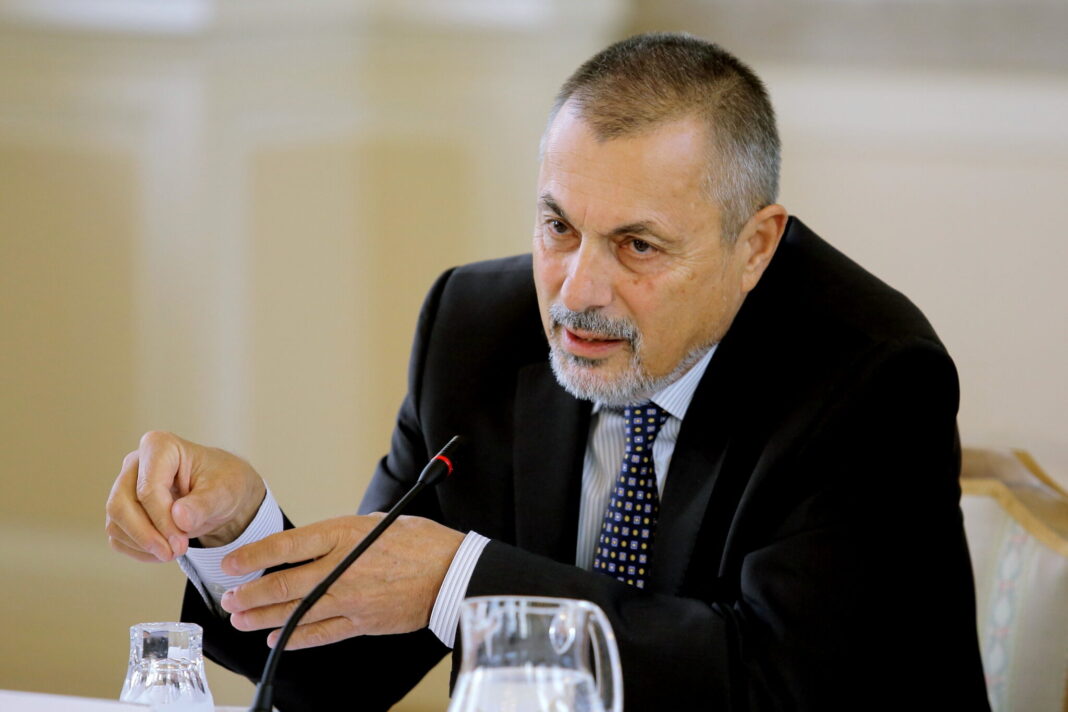By: Luka Perš /Nova24tv
The latest decision of the Constitutional Court is still creating agitation. It also surprised former Constitutional Court President Peter Jambrek, who briefly told RTV Slovenia that it was a political decision.
The Constitutional Court thus ruled that items 2 and 3 of paragraph 1 of Article 39 of the Infectious Diseases Act, which authorises the government to prohibit or restrict movement and collection, are inconsistent with the Constitution. It decided so with five votes to three. Consequently, according to the court’s decision, the epidemiological government decrees adopted on this basis are also unconstitutional. These are restrictions on movement at night or curfew, a ban on gathering in public places and areas, and a ban on crossing regional and municipal borders.
In our media, we presented several opinions of legal experts who rejected the argumentation of the Constitutional Court. Former constitutional and now supreme judge Jan Zobec said that what the Constitutional Court demands from the legislator is virtually impossible and that he has never encountered anything like this in his career. “The Constitutional Court, with an unconvincing majority and a great deal of doubt, reflected in the dissenting opinions of constitutional judges, found the inconsistency of the second and third paragraphs of Article 39 of the Infectious Diseases Act with the Constitution, whereby two distinct substantive deviations come to the fore,” commented dr. Miha Pogačnik, president of the Institute of International Law and also a former head of the government’s legislative service.
A narrow majority decided to repeal government measures
Dean of the Faculty of European Law and international expert in constitutional law Matej Avbelj confirms that few people will benefit from the Constitutional Court’s decision. The mutual political conflict will not end either. “In the name of the principle of legality, as Judge Dunja Jadek Pensa nicely explained, the National Assembly will have to meet requirements that are not realistic,” Avbelj concludes.
But beware: The Constitutional Court has ruled that the controversial part of the law, which was passed in 1995, was during Drnovšek’s government, which also included the former United List of Social Democrats, the current SD. The decision was made by judges: Matej Accetto, Špelca Mežnar, Marijan Pavčnik, Katja Šugman Stubbs, and Rok Čeferin. Rajko Knez, Dunja Jadek Pensa, and Marko Šorli were against the decision.
Therefore, in the end, we can only confirm the words of Peter Jambrek that the decision was political. Let’s just hope that the Constitutional Court will focus on judicial backlogs and strengthening the trust of Slovenian citizens, and not on dealing with political harassment of the current government in its fight against the epidemic. This is exactly what those who voted to repeal the government’s measures have forgotten. They forgot that the time of the epidemic requires urgent and unpleasant measures, because otherwise we would really have tens of thousands of dead, such as the intimate wishes of the left opposition in the National Assembly.

